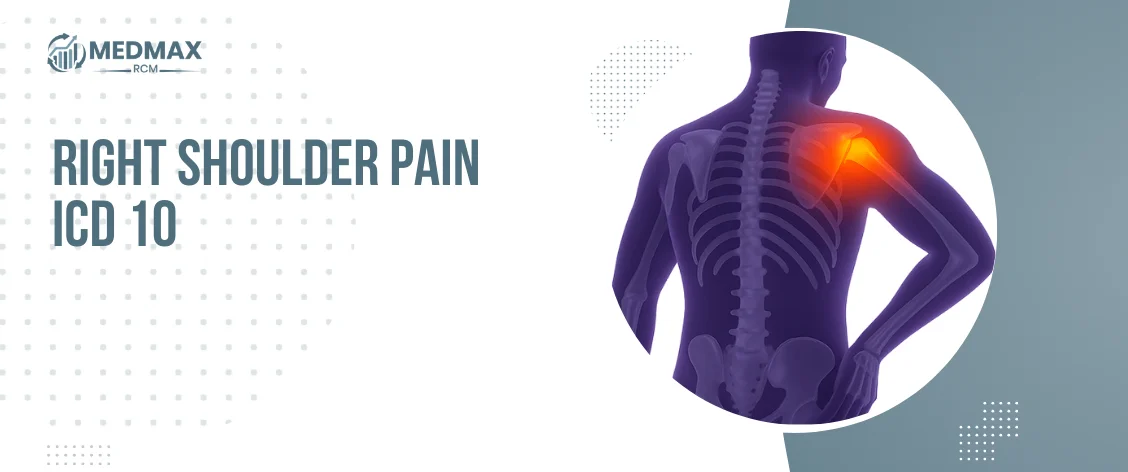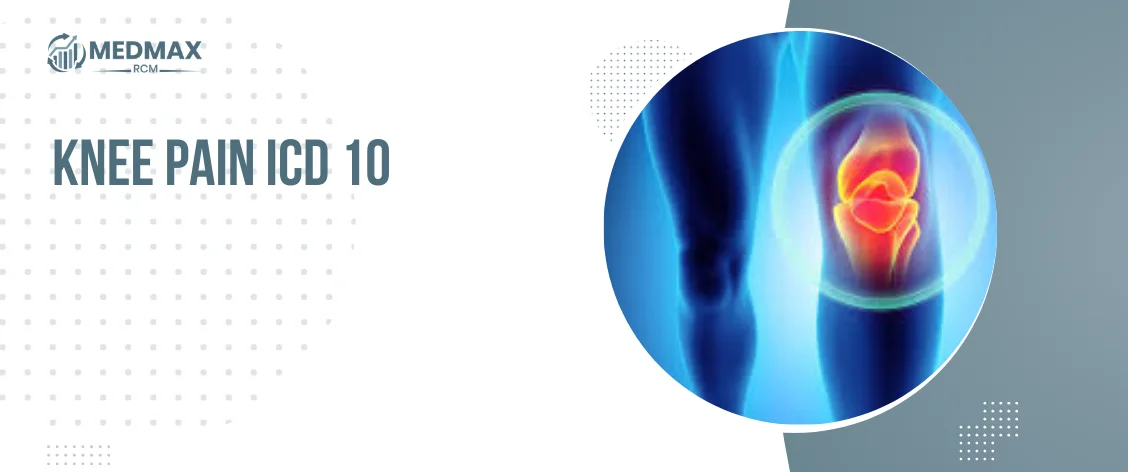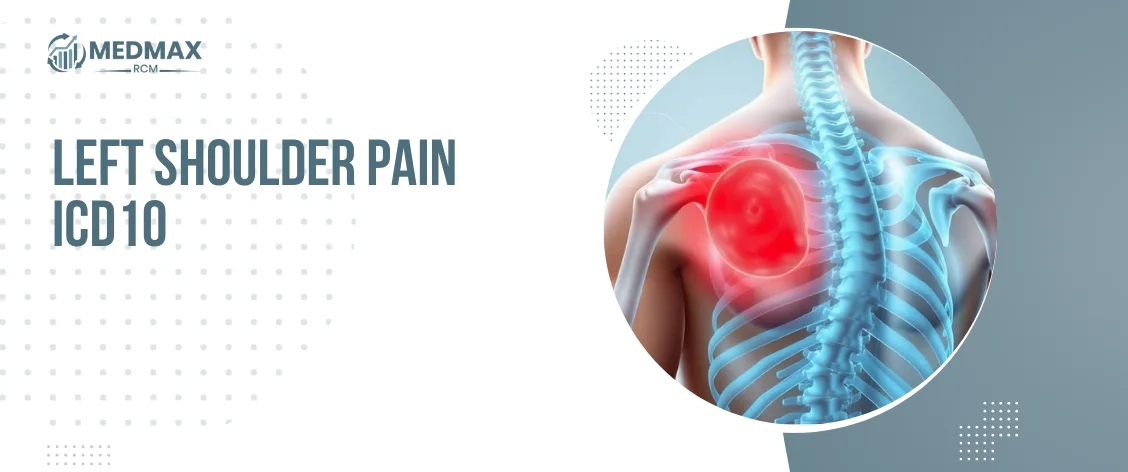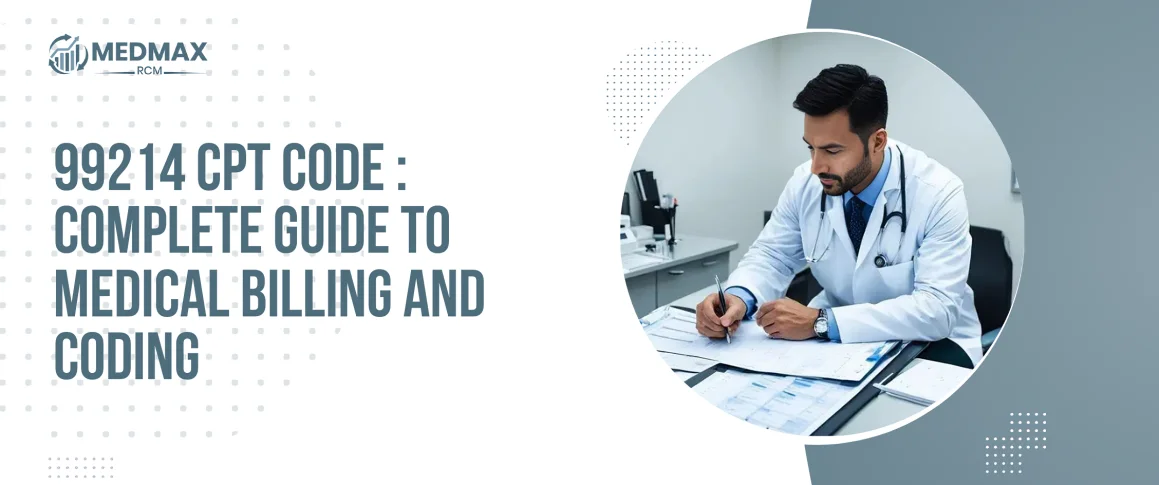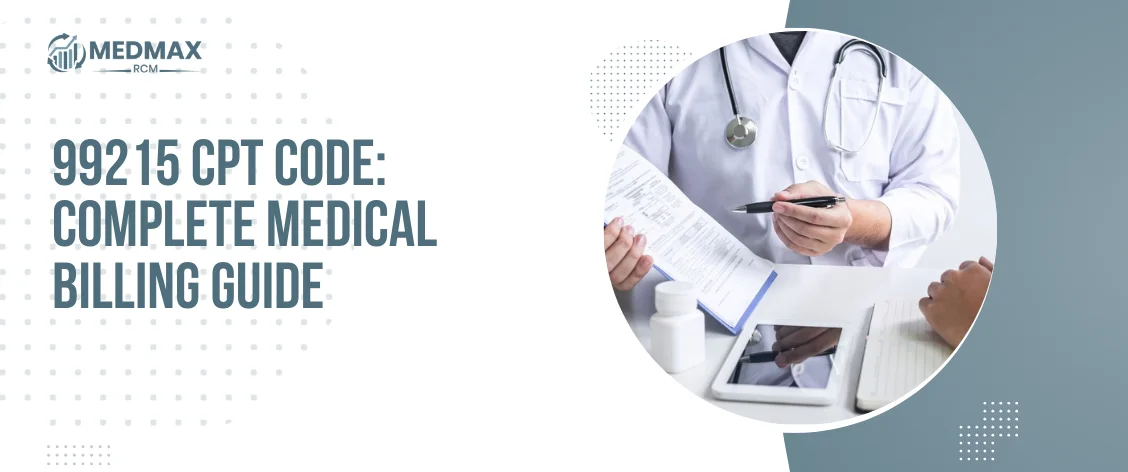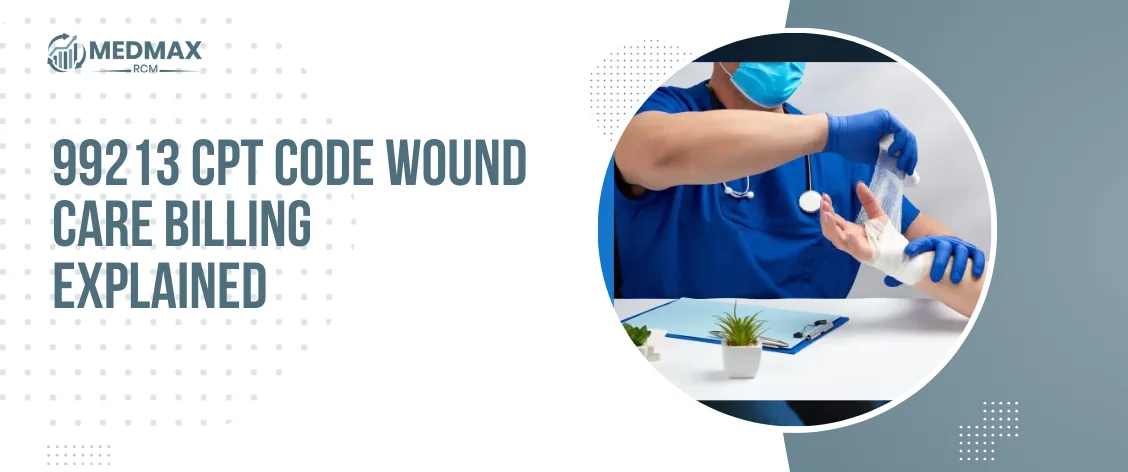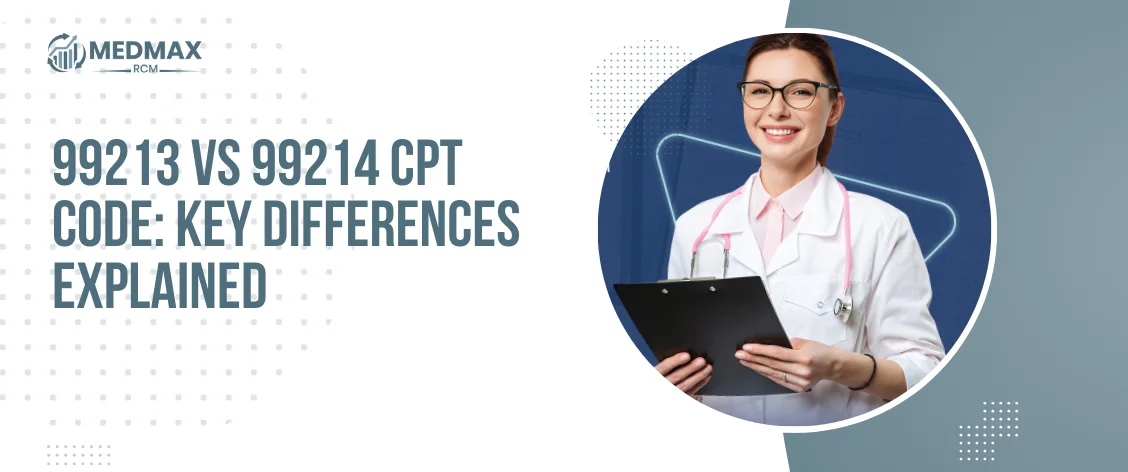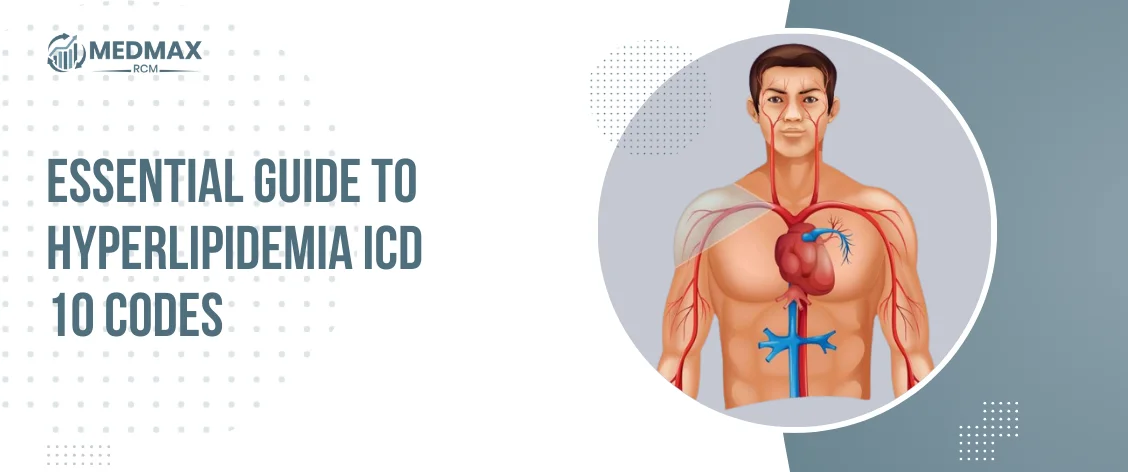Right Shoulder Pain ICD-10 Code
The right shoulder pain ICD-10 code is one that most physical therapists frequently encounter due to how common shoulder pain is in clinical practice. Shoulder pain can result from a variety of underlying conditions and often has a significant impact on upper extremity function. Along with neck and low back pain, it remains one of the most commonly treated orthopedic conditions in physical therapy settings.
How to Use Knee Pain ICD 10 Codes for Accurate Billing Practices
Knee pain is among the most common musculoskeletal issues treated by physical therapists. Whether it’s an acute sports injury or chronic osteoarthritis, proper treatment starts with accurate documentation and that includes selecting the correct ICD-10 code.However, navigating ICD-10 knee pain codes is not always simple. Therapists and clinic owners must document laterality correctly, avoid common coding errors, and maintain streamlined records to keep billing accurate and compliant.This guide covers everything physical therapy professionals should know about the ICD-10 knee pain code family including proper documentation, when to use specific codes, and how to simplify the process. What Is the ICD-10 Code
ICD 10 Code for Low Back Pain
Low back pain is a problem for many patients. Just how common is it? According to the World Health Organization (WHO), 619 million people worldwide were affected by low back pain in 2020 making it the most prevalent musculoskeletal condition globally. What’s more, the WHO projects that by 2050, the number of low back pain cases will rise to 843 million as the global population continues to age.
Left Shoulder Pain ICD 10 Code
Left shoulder pain ICD 10 is a billing code used by physical therapists for shoulder pain, a common condition. Shoulder pain can arise from many underlying causes and often has a functional impact on patients including difficulty performing activities for daily living, interference with job and parenting duties and reduced ability to participate in sport and leisure activities. Summary Physical therapists frequently use the left shoulder pain ICD-10 code (M25.512) for billing, but more specific codes can improve reimbursement accuracy and reflect underlying conditions. Enrolling in an insurance billing course for therapists can help providers enhance their knowledge.Shoulder pain can result from
99214 CPT Code : Complete Guide to Medical Billing and Coding
CPT code 99214 is a critical, frequently used evaluation and management (E/M) code for established outpatient visits, representing moderate-level medical decision-making or a 30-39 minute, total-time encounter. It requires a medically appropriate history, examination, and moderate complexity, often managing multiple chronic conditions, acute illnesses with systemic symptoms, or high-risk prescription drug management. Key Facts About CPT Code 99214 Used for established patient visits requiring moderate complexity medical decision-makingCan be billed based on 30–39 minutes of total encounter time2021 E/M updates shifted focus toward decision-making and time, not just documentationUndercoding leads to substantial annual revenue loss for practices What Is CPT Code 99214? CPT code
99215 CPT Code: Complete Medical Billing Guide
CPT code 99215 represents a high-complexity, office-based evaluation and management (E/M) visit for an established patient, requiring 40-54 minutes of total time or high-level Medical Decision Making (MDM). It is used for severe or multiple chronic conditions requiring extensive diagnosis/treatment planning. Key requirements include thorough documentation of time or MDM components. What Is CPT Code 99215? CPT code 99215 represents a high-level, established patient office or outpatient visit involving complex medical decision-making (MDM) or 40-54 minutes of total time. It is the highest-level evaluation and management (E/M) code for established patients, typically reserved for severe, chronic, or acute illnesses requiring extensive evaluation.This
99213 CPT Code: Wound Care Billing Explained
CPT Code 99213 is an Evaluation & Management (E/M) code for an established patient's office/outpatient visit, often used in wound care for follow-up visits involving low-complexity medical decision-making (MDM) or 20-29 minutes of total encounter time, covering things like routine wound checks, minor adjustments, or stable chronic wound management, requiring history, exam, and care coordination. It's for less complex care than 99214 (moderate complexity) but more than 99212 (routine check).As a wound care professional, CPT codes are a routine part of your daily workflow. One of the most frequently used codes in outpatient wound care is the 99213 CPT code,
99213 vs 99214 CPT Code: Key Differences and Documentation
CPT codes 99213 and 99214 are used for established patient office visits and mainly differ based on medical decision-making (MDM) complexity and visit time. Code 99213 applies to lower-complexity visits involving stable chronic conditions or minor issues, typically lasting 20–29 minutes. In contrast, 99214 is used for more complex visits with multiple or worsening conditions, additional data review such as labs or imaging, moderate risk, and longer encounter times of 30–39 minutes, reflecting a more detailed clinical evaluation.Choosing between CPT codes 99213 and 99214 depends on the patient’s condition, the amount of data reviewed, and overall risk involved in the
Chest Pain ICD-10 Code R07.9
ICD-10 stands for the International Classification of Diseases, 10th Revision. ICD-10 is the standard created by the WHO (World Health Organization) and is used worldwide to record diagnoses, symptoms, and medical procedures. It helps healthcare providers, insurers, and medical coders communicate in a clear and organized way. ICD-10 codes are made up of letters and numbers, starting with a letter and ending with digits. Each diagnosis code refers to a specific condition. For example, R07.9 means “chest pain, unspecified.” This level of detail ensures clear communication, accurate records, and smooth claim processing.The shift from ICD-9 to ICD-10 created more detailed
Essential Guide to Hyperlipidemia ICD 10 Codes
Hyperlipidemia (High blood cholesterol) is a major health risk for people around the world. About 94 million adults have cholesterol levels higher than the normal reference range. As a healthcare provider specializing in cardiology, you already know the different health issues that come with high cholesterol.When you see a patient who may have hyperlipidemia, it is important to document the diagnosis correctly so the patient receives the best care. To do this, you must use hyperlipidemia ICD 10 codes for during the documentation process.But what exactly are ICD 10 codes for hyperlipidemia? And how do these codes help healthcare providers


